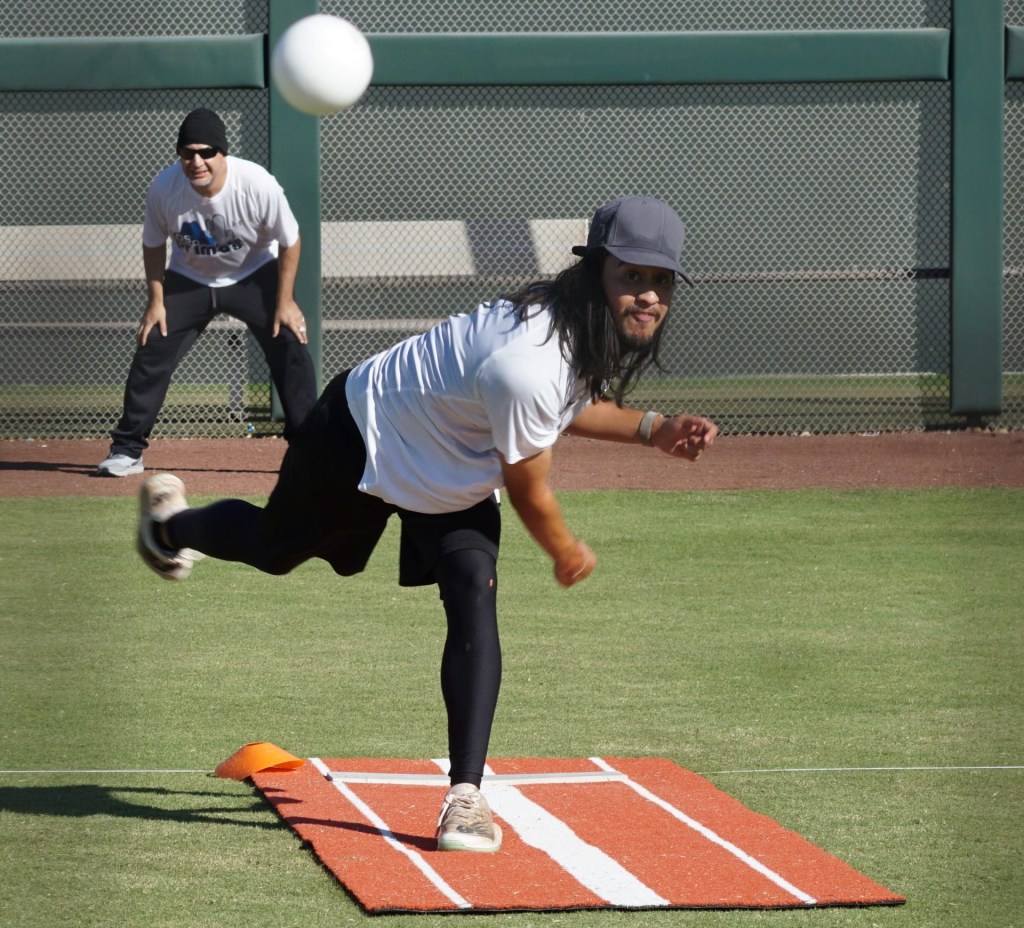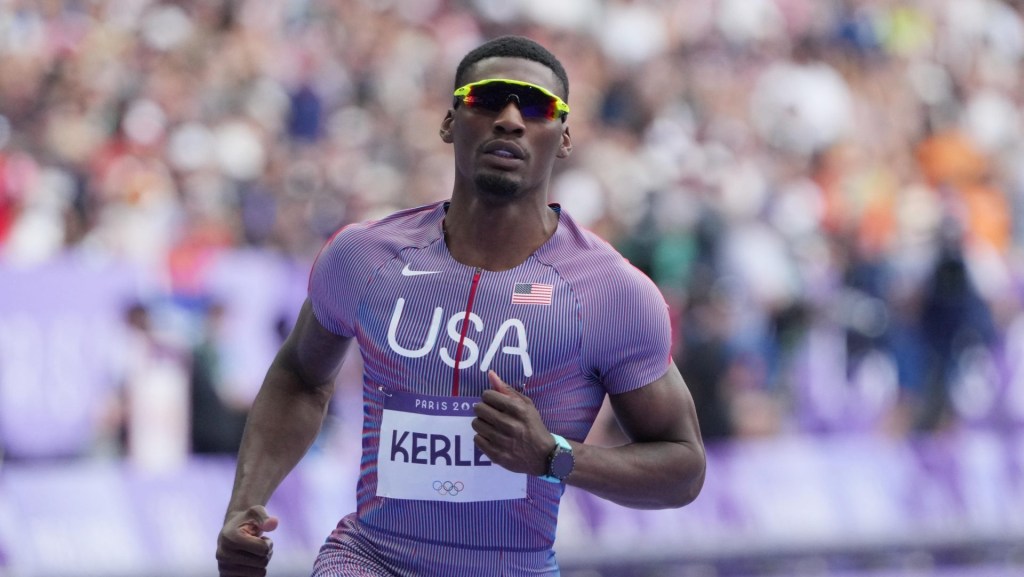Former Olympic and world champion Caster Semenya scored a legal win Thursday in Swiss court that keeps alive her battle against World Athletics.
The former 800-meter specialist from South Africa has been barred from competition in the event for years due to rules limiting testosterone levels for female athletes. Semenya has higher natural testosterone levels than many women due to her differences of sexual development (DSD) and will not take medication or have surgery in order to fit the World Athletics requirements.
Thursday’s ruling does not challenge or overturn the World Athletics requirements. Rather, the court sided with the middle distance runner by saying her right to a fair hearing was violated in her 2020 appeal to the World Athletics rules. Semenya can now renew that appeal, though at 34 and now a coach, she’s made it clear that her fight is based on principle, not a return to the track.
“I have given up what I wanted in the hope that others may have what they need,” Semenya said after Thursday’s ruling. “I hope this victory will inspire young women to be and to accept themselves in all their diversity.”
Here’s a timeline of Semenya’s career and seven-year legal battle:
2009: At 18 years old, Semenya burst onto the scene with a gold medal in the 800 meters at the world championships. World Athletics, then called the IAAF, subjected her to several “sex verification” tests.
2011–2017: Semenya won gold in the 800 at the 2011 Daegu world championships, 2012 London Olympics, 2016 Rio Olympics, and 2017 London world championships. She also won bronze in 2017 in the 1500 meters. Also during this period, World Athletics (IAAF) had testosterone limits from 2011 to 2015, and Semenya competed. She wrote in her 2023 book that taking the medication daily to comply with the limits was “hell.”
2018: World Athletics (then still IAAF) established rules around DSD that said athletes such as Semenya needed to suppress their testosterone for at least six months in order to compete in international women’s competitions for events from the 400 up to the mile. In other words, the requirements only applied to the middle distance events where Semenya thrived, not shorter or longer races. When the rules came back, Semenya opposed taking the medication again like she had earlier in her career.
2019: Semenya fought against the testosterone rules and lost in the Court of Arbitration for Sport, the international body based in Switzerland that decides issues for governing bodies and national federations. Judges voted 2–1 that discrimination against Semenya was “necessary, reasonable and proportionate” to maintain the integrity of women’s track. The testosterone rules had been put on hold because of the appeal, so they didn’t go into effect until after this case.
2020: Semenya appealed the CAS’s 2019 decision and lost. This case was handled in Swiss Federal Court and was notably narrow in scope: Judges said they were limited to only deciding “whether the CAS decision violates fundamental and widely recognized principles of public order,” which they found it did not.
2023: Semenya then took up a case against the Swiss government with the European Court of Human Rights based in Strasbourg, France. It found the Swiss government had not protected her from being discriminated against when it dismissed her appeal in 2020. Also this year, World Athletics expanded its DSD rules from only middle distances races to all events.
2025: The 2023 decision was bumped up to a higher court, the ECHR’s Grand Chamber, after a request by the Swiss government. The judges ruled 15–2 in Semenya’s favor Thursday, saying the Swiss Federal Court “had fallen short” in providing her a “rigorous judicial review” in 2020. The chamber did not rule on some other parts of the case, including whether she had been discriminated against in Swiss court.
Possibility of a new ruling
Semenya’s case can now head back to the Swiss courts to reconsider her appeal of the testosterone rules.
“This case is not about our female eligibility guidelines but rather about a fair hearing in Switzerland or not, so we leave it to the Swiss for comment,” a spokesperson for World Athletics tells Front Office Sports.
The potential for a new ruling in either direction would be significant for the sports world as a whole. World Boxing, which is trying to replace the discredited International Boxing Association, announced in May it will make all athletes take mandatory sex tests, following an announcement this spring from World Athletics that it will introduce cheek swab tests to determine eligibility for female competitions. In Olympic sports like running and boxing, each global federation generally has the latitude to set its own rules around gender. But new International Olympic Committee president Kirsty Coventry has signaled that she wants the IOC to possibly come up with one policy for all sports, and the twists and turns of the long-running Semenya legal battle could influence where that policy ends up.

















